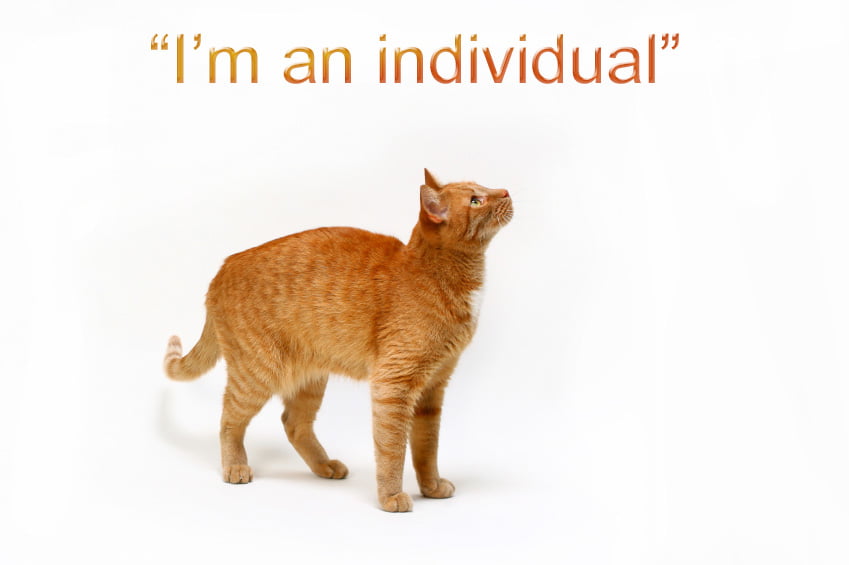The experts have decided in a study that cats and their owners have similar personality traits. Whereas dogs famously look like their owners, cats behave like them.

The research indicated that if an owner is impulsive or dominant, the cat is more likely to have similar personality traits. The findings were published in the journal Personality and Individual Differences.
The findings were possible because experts have devised a personality test for domestic cats. This is where things get a bit difficult but researchers from the University of Liverpool used a new tool to rank five personality traits. They are referred to as the “feline five”. Specifically they are friendliness, dominance, spontaneity, neuroticism and how outgoing your cat is.
Friendliness
The friendly cat doesn’t like to spend time alone, likes lying next to other cats and people and enjoys playing with balls of string and other objects.
Dominance
Your cat intimidates other cats, tries to attack other cats and bosses people around.
Extraversion
Your cat learns quickly and has a good memory, is curious and enjoys running and stalking.
Spontaneity
Your cat is easily distracted, doesn’t have a routine and has mood swings.
Neuroticism
Your cat is easily scared, doesn’t like new situations and is anxious around people.
The personality test is similar to that used for humans. Questions for the cat owners included whether they liked to splurge and had a degree of impulsiveness and whether they enjoy chatting at parties demonstrating outgoing nature.
The results were that dominant people tended to live with strong-willed cats whereas people who like routine liked to live with cats that lacked spontaneity.
Rebecca Evans, of the University of Liverpool believes that their results suggest that owner personality may have an influence on the type of cat a person is first attracted to.

The weakness, it appears to me, and which is admitted, is that cat owners were permitted to rate and assess the personality traits of their cats. It is possible that people saw their own character traits in their cats.
If there is some credibility and usefulness in this study then it may lead to a better matchup between cat and person. It may also lead to matching up two or more cats in a multi-cat household.
The well-known Jackson Galaxy recommends that a person who wishes to adopt a cat from a rescue centre should adopt two cats who are matched in terms of personality. The difficulty here is we don’t know how for sure to match up personality traits between two cats. However, we do know that some cats get along very well and others don’t. It is vital in multi-cat households that cats get along.
With respect to the breakdown of characteristics referred to above, it is possible to mark your cat between one and five for each question with each section (personality trait). A five means that the description fits your cat very well whereas one means it is nothing like them. You add up the score for each section and divide this by three to see your cat’s score for that trait.
A score of 0-1.5 is low on the trait, 1.6-3.5 is average and 3.5-5 is high.
Taking “Friendliness” if your cat scores 5 in the first question, 3 for the second question 4 for the third question this gives a total of 12 which divided by 3 makes 4. On this basis your cat would be assessed as very friendly.
Enjoy.
Source: The Times and Personality and Individual Differences journal.

Don’t you believe that this did not factor in much, as far as the categories? Here, you may appreciate: Arthur (see pic above) has developed a new habit. Instead of speaking articulately with his “meow,” when he talks to me on wanting my attention, not only is he vocalizing, he is muttering without opening his mouth. My bad. It dawned on me that I do this All… the time. [my problem is low-level autism]. My friends think it’s really funny that he does it. Anyway, thought you might want our feedback.
Okay, Michael, this is a great Q. Firstly, my hypothesis: Cat lovers and maybe two-thirds of all animal lovers are more likely to respond, conditioned intuitively and take up the behavior of their beloved aka their companion.